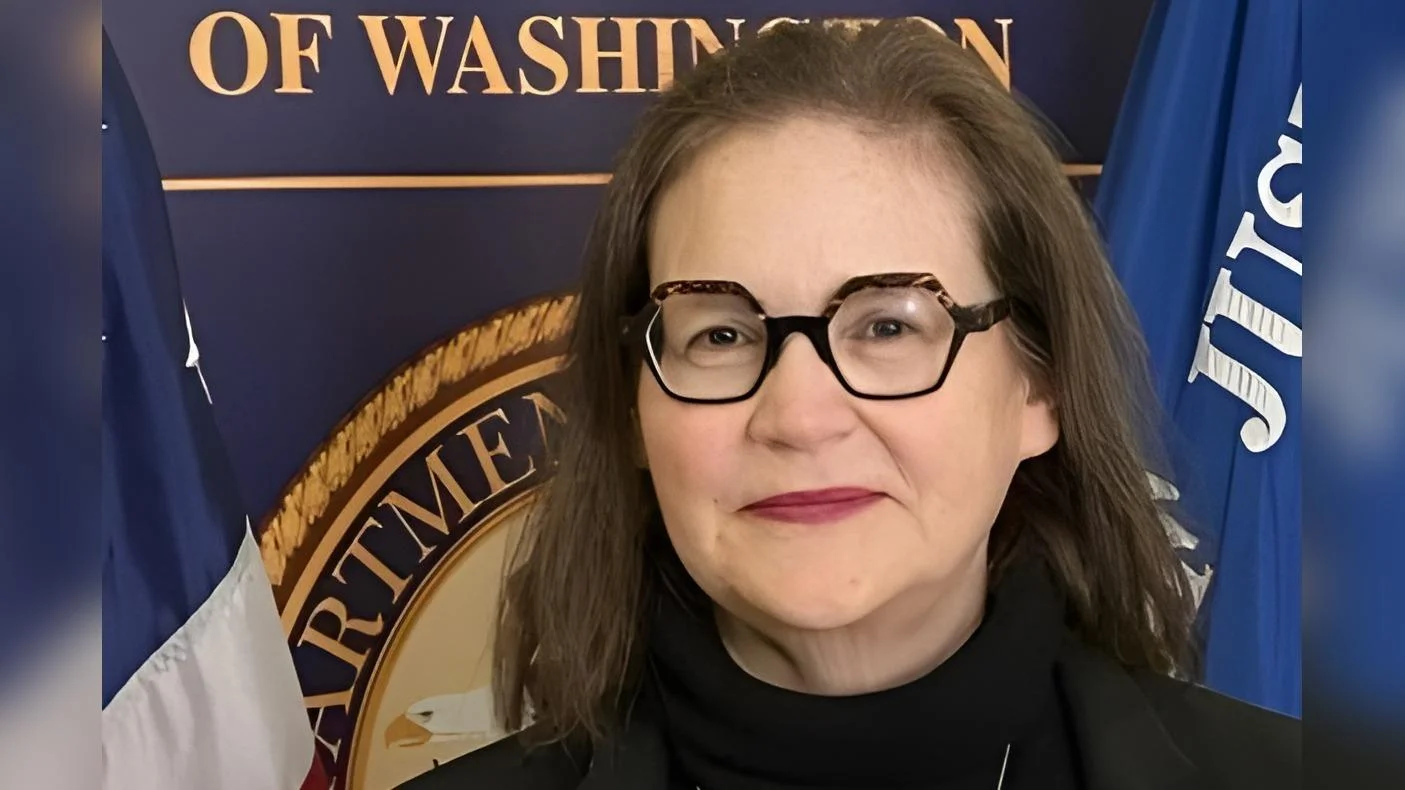A former Washington state employee was sentenced to 18 months in prison for wire fraud after embezzling nearly $900,000 from the State of Washington. Matthew Randall Ping, 48, of Olympia, pleaded guilty in June 2025 to wire fraud and making and subscribing a false tax return. The sentence was handed down by U.S. District Judge Tiffany M. Cartwright in Tacoma.
At the sentencing hearing, Judge Cartwright addressed Ping’s addiction issues, stating, “Your crime was very serious but was driven by severe addiction…. Gambling addiction can destroy the life of someone who is otherwise an upstanding citizen.”
Acting U.S. Attorney Teal Luthy Miller commented on the impact of the theft: “This theft was not just the largest insider embezzlement from Washington State in the last 15 years, it also undermines trust in our state financial safeguards,” said Acting U.S. Attorney Miller. “Mr. Ping not only cheated state taxpayers, he cheated on his federal taxes as well by failing to pay the income taxes he owed on ill-gotten gain.”
Court records show that Ping started working at the Washington State Office of Administrative Hearings (OAH) in 2009 and became a Management Analyst and credit card custodian by 2017. Between 2019 and 2023, he exploited his access to OAH credit cards through a scheme involving fake vendor accounts and payment processors under names resembling legitimate business vendors.
From 2019 to 2021, Ping charged more than $330,000 to OAH credit cards through these fraudulent accounts; he continued this scheme with another payment processor in 2021, taking approximately $530,000 more. He also used state credit cards for personal purchases totaling $17,359 from retailers such as Verizon and Walmart.
Ping bypassed internal controls designed to detect misuse by providing false or incomplete transaction lists for review and then approving fraudulent charges himself without oversight. In total, he conducted 210 unauthorized transactions resulting in a loss of $860,756 through fake vendors and additional improper charges that brought losses to $878,115.
Assistant United States Attorney Dane Westermeyer requested a longer sentence due to how Ping spent much of the stolen money: “He used this stolen taxpayer money to fuel his gambling habit, fund at least six trips to Las Vegas, pay off a luxury vehicle loan, and otherwise support his lifestyle. And, perhaps not surprisingly, he failed to report any of the income from his theft on his federal tax returns, which resulted in a tax loss of nearly $250,000,” Westermeyer wrote.
In court statements, Ping said he sought help for gambling addiction but found resources lacking. He will serve three years of supervised release after prison. Judge Cartwright encouraged him to advocate for improved services for those struggling with similar addictions.
The scheme was uncovered by the Washington State Auditor’s Office; Ping resigned when confronted about the theft in 2023. For tax years 2020-2023 alone there was a tax loss of $240,247 connected with unreported income from embezzlement. Under terms agreed upon with authorities, Ping will pay restitution totaling $1,118,362 covering losses to both the state and federal government.
The FBI and IRS Criminal Investigation collaborated with auditors during their investigation into the case.
Assistant United States Attorney Dane A. Westermeyer prosecuted the case.





